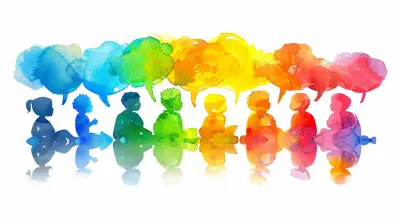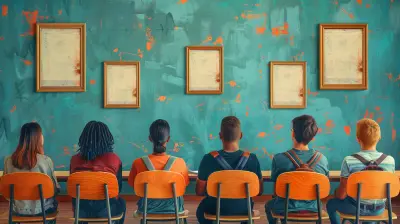The Role of Failure in the Creative Learning Process
21 July 2025
Introduction
Alright, let's get one thing straight—failure has gotten a bad rap for way too long. People hear the word “failure” and immediately picture disaster, humiliation, and the kind of awkward silence that makes you want to crawl under a rock. But what if I told you that failure is actually one of the best things that can happen to you, especially in the creative learning process?
That’s right—failure is the unsung hero of creativity, the wise (but slightly chaotic) teacher we all need. If creativity were a thrilling adventure, failure would be the bumpy road that leads you to treasure. So, let’s buckle up and take a deep dive into why messing up might just be the best thing you can do for your growth. 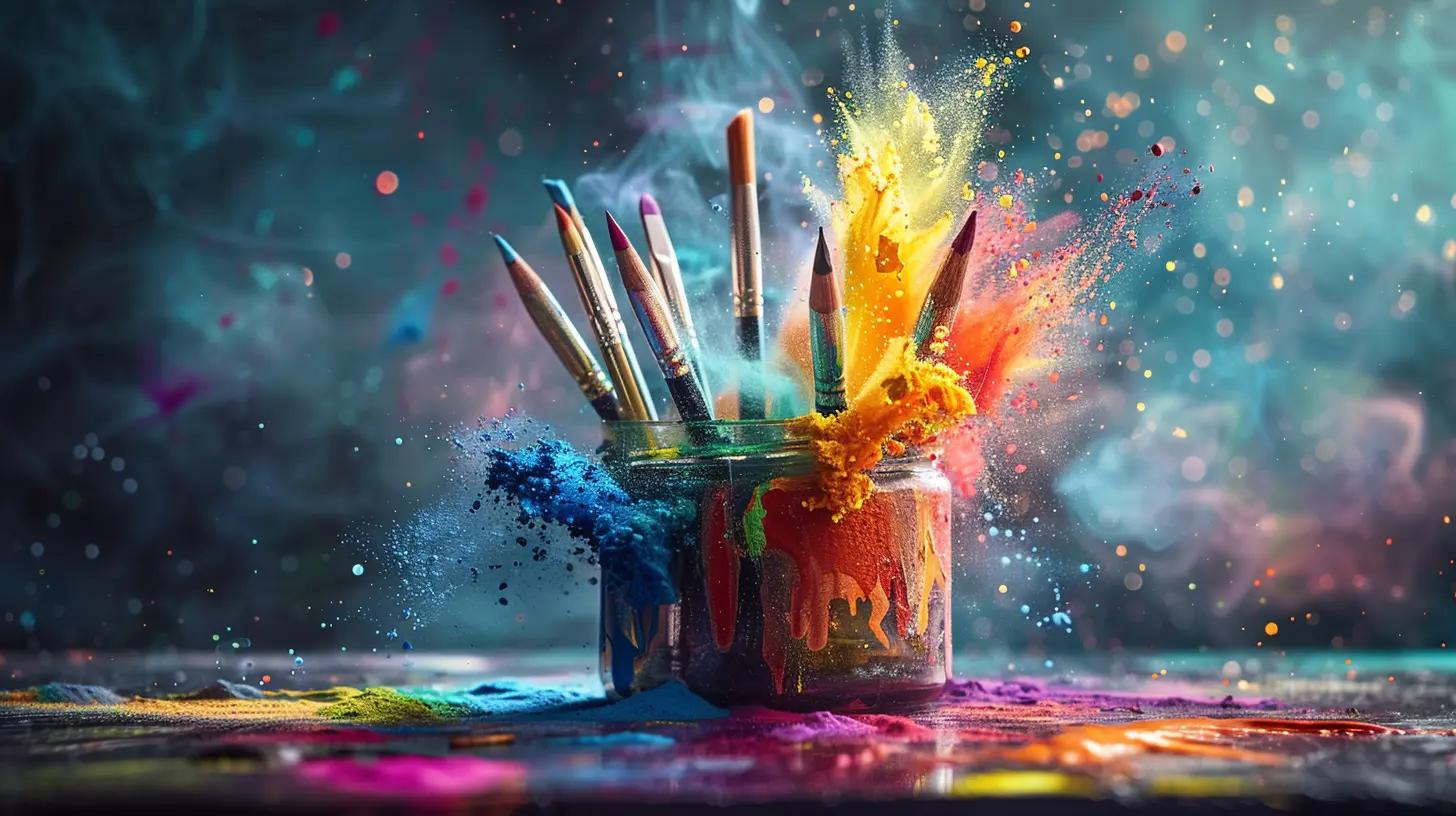
Why Are We So Afraid of Failure?
First off, let’s address the elephant in the room—why do we fear failure so much?Well, blame it on school, blame it on society, or blame it on that one time you tried to impress someone and fell flat on your face (literally or metaphorically). From a young age, we’re taught that success equals perfection, and mistakes are something to avoid at all costs.
But here’s the twist: failure isn’t the opposite of success; it’s part of the journey to success. Imagine if babies were afraid of failing—none of us would be walking right now. Instead, we’d all be laying around like potatoes, too scared to take that first wobbly step.
The truth is, failure isn’t the villain in your story. It’s more like a quirky sidekick that pushes you toward growth, whether you like it or not. 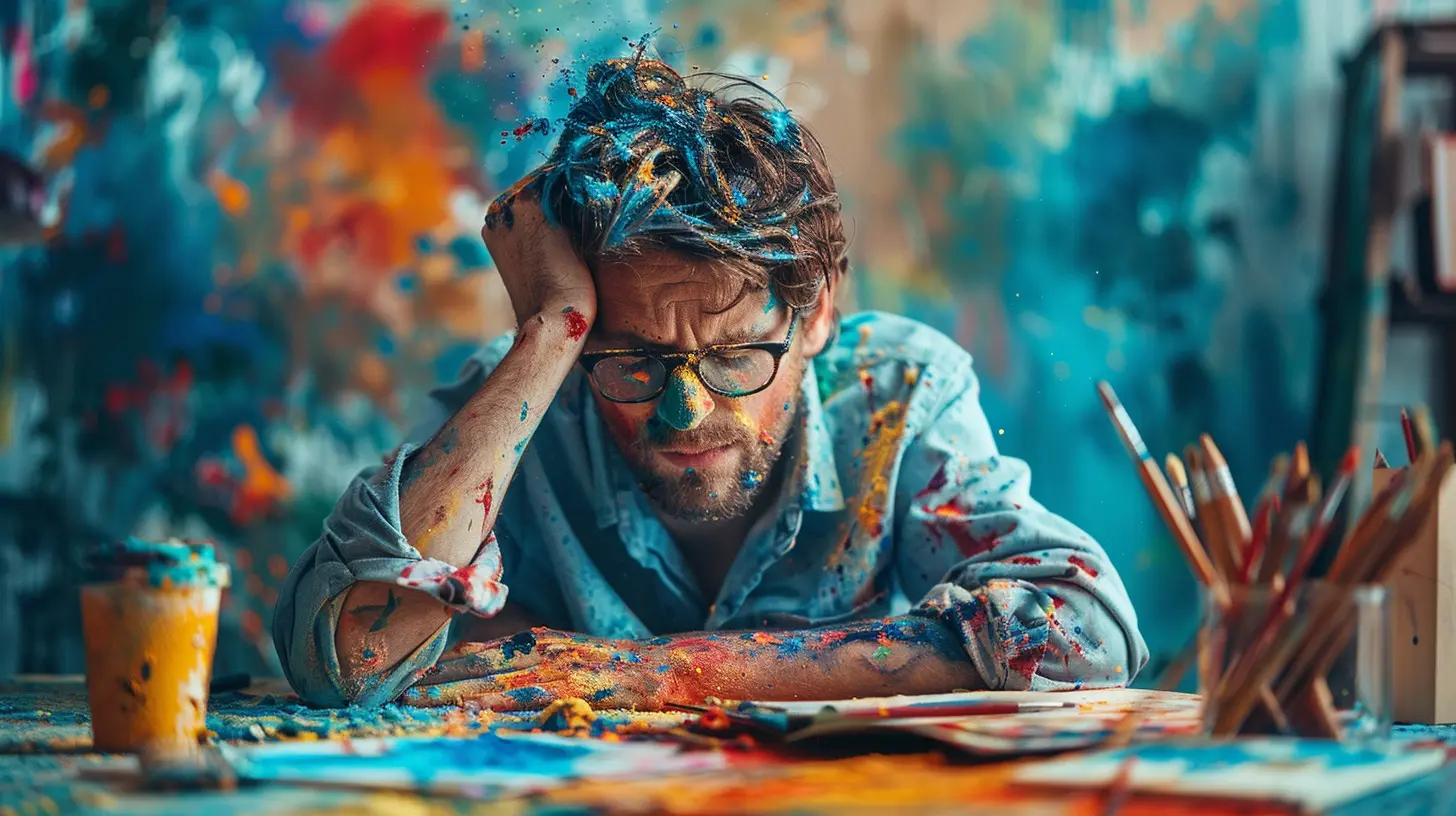
The Creative Process: A Beautiful, Messy Chaos
Creativity isn’t a straight path where everything goes smoothly. No, creativity is a winding road with more detours than a GPS on caffeine. And guess what? That’s what makes it fun.Think about some of the greatest inventors, artists, and thinkers in history. Do you think they just woke up one day, had a perfect idea, and everything worked smoothly? Absolutely not.
- Thomas Edison failed over a thousand times before inventing the light bulb. A THOUSAND TIMES. Imagine if he had quit at failure #999?
- J.K. Rowling got rejected by multiple publishers before someone finally took a chance on Harry Potter.
- Walt Disney was once told he "lacked imagination." (Ironic, right?)
The point is, failure is not just common in creative work—it’s necessary. It’s like the universe’s way of testing how badly you want something. 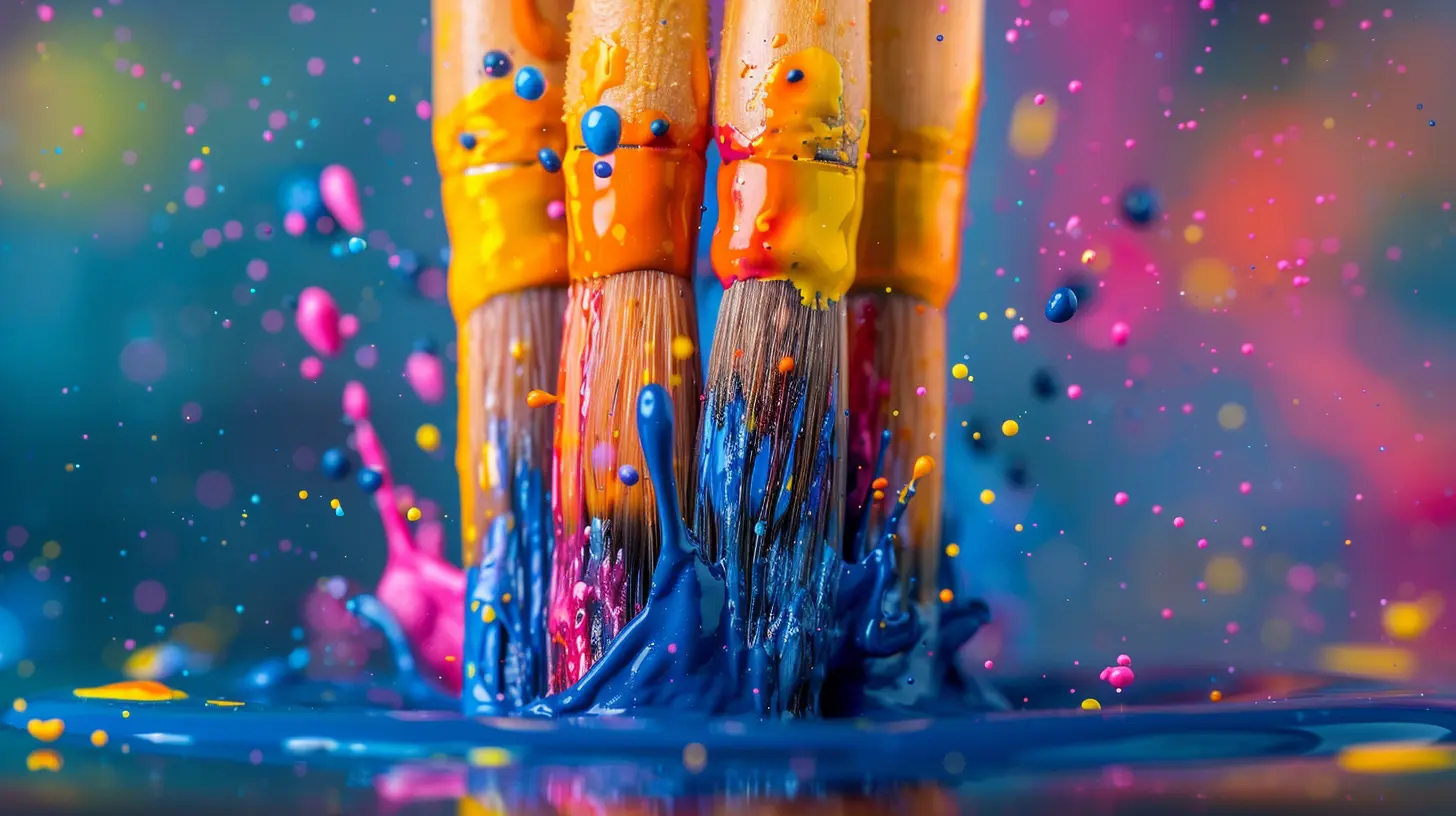
What Failure Teaches Us in the Learning Process
Failure isn’t just about messing up; it’s about what you get out of it. Here’s why failure is actually a genius teacher in disguise:1. Failure Builds Resilience
Every time you fail and get back up, you’re basically leveling up like a video game character. You get tougher, wiser, and more prepared for the next challenge. Without failure, we’d all crumble at the first sign of difficulty.2. Failure Sparks Innovation
Some of the best ideas come from things going horribly wrong. Did you know that Post-it Notes, microwaves, and even chocolate chip cookies were all happy accidents? If nobody had failed, we'd be without some of the world’s greatest inventions (and honestly, life without cookies sounds unbearable).3. Failure Removes the Fear of Perfectionism
One of the biggest creativity killers? Trying to be perfect. Perfectionism can paralyze you, making you too afraid to take risks. But when you embrace failure, you realize that perfection is overrated, and progress is what actually matters.4. Failure Helps You Learn What Doesn’t Work
Ever tried solving a puzzle and put a piece in the wrong spot? That’s failure, but it’s also learning. Every mistake teaches you something, even if it’s just “Well, that didn’t work.”
How to Make Failure Your Best Friend
Okay, so failure is helpful. But how do you stop seeing it as your worst nightmare and start treating it like an ally? Here are a few tips:1. Reframe Your Mindset
Instead of thinking, “I failed,” try saying, “I learned something new.” It’s all about perspective.2. Fail Fast, Fail Often
The quicker you fail, the quicker you learn. Waiting for the "perfect" moment only delays your progress.3. Laugh at Your Mistakes
Seriously, sometimes failure is hilarious. Instead of beating yourself up, try to find the humor in it.4. Surround Yourself with People Who Get It
Being around supportive people who see failure as growth will help shift your mindset. Avoid energy vampires who act like failure is the end of the world.5. Document Your Failures
Keep a journal of your mistakes and what you’ve learned from them. Over time, you’ll start seeing just how much progress you’ve made.The Role of Failure in Education
Here’s where things get serious for a second. Our education system doesn’t always embrace failure the way it should. Instead, students are often punished for mistakes instead of being encouraged to learn from them.Imagine if schools taught kids to see failure as a stepping stone instead of a dead end. Imagine if students were given the freedom to experiment, fail, and try again, without the fear of grades defining their worth. That kind of education would spark some truly brilliant minds.
Thankfully, more educators are starting to see the value of failure in learning—using project-based learning, problem-solving activities, and creative exercises that allow students to take risks without fear of punishment.
This shift is necessary because, in the real world, mistakes happen. And if students never learn how to handle failure in school, they’ll struggle when they face it later in life.
Final Thoughts
Failure is not the enemy. It’s the quirky, unpredictable mentor we all need to push us toward greatness. Whether you’re learning a new skill, tackling a creative project, or just trying to figure out life, failure is part of the process.So, the next time you mess up, instead of throwing in the towel, try celebrating a little. After all, every failure brings you one step closer to success.
Now go forth and fail spectacularly—you’ll thank yourself later!
all images in this post were generated using AI tools
Category:
Creativity In EducationAuthor:

Eva Barker
Discussion
rate this article
1 comments
Sadie Ramirez
Failure isn’t just a setback; it’s a powerful teacher. Embracing our missteps fuels creativity and innovation. Let’s celebrate failure as an essential part of learning, pushing boundaries and unlocking potential. Without it, true creativity remains stifled and untested.
July 30, 2025 at 3:19 AM

Eva Barker
Absolutely! Failure is a crucial catalyst for growth and innovation, driving us to explore new possibilities and learn valuable lessons. Embracing it enriches the creative process.
